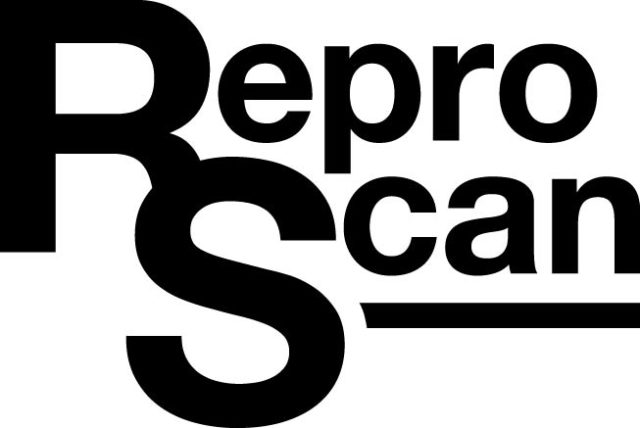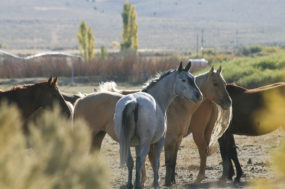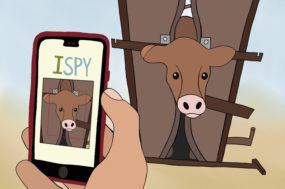Reuters quoted from a letter to customers written by Tim Andriesen, CME's managing director, agricultural products: "It's possible mandatory spending cuts – should they begin on March 1 – could have an impact on the physical delivery and cash settlement mechanisms of certain CME livestock and dairy products."
Reuters also wrote:
The CME's live cattle contract is dependent on USDA staff that may be furloughed due to the spending cuts. CME said exchange rules allow it to modify the delivery and settlement rules pertaining to the contracts if the USDA staff is not available.
CME did not say if other contracts that could be impacted by the cuts had rules that could be modified to allow for trading.
Cash settled livestock and dairy products require data that may be unavailable because of the sequester.
The daily calculation of the CME Feeder Cattle Index could also be disrupted if the USDA's regular schedule of reports is altered by the sequester. CME said the contracts that may be affected by the budget cuts include Live Cattle futures February 2013 contract and Feeder Cattle Futures, March 2013 and subsequent contracts.
The sequester began March 1.
On March 5, Vilsack explained to the House Agriculture Committee that as long as the USDA budget remains at the level dictated by the sequester, the agency will be forced to furlough inspectors.
According to the Huffington Post, Vilsack also said that his department had found ways to save money that would allow it to minimize furloughs to "11 or 12 days." And those 11 or 12 days will be staggered throughout the year, so the meat industry is likely to be able to operate continuously, albeit at reduced capacity.
The Huffington Post article quoted Vilsack as saying, "I don't think you're going to see a continuous furlough, because that would basically shut down the pipeline completely. What we're going to try to do is maintain some degree of movement through the pipeline to avoid a more significant disruption."
Vilsack also said there's a slight chance that furloughs could still be avoided altogether if Congress and the White House reach a deal that restores full funding to the USDA before the USDA and the meat inspectors' union complete the negotiations that are required in advance of declaring any unpaid furloughs. ![]()
—Compiled from various sources







